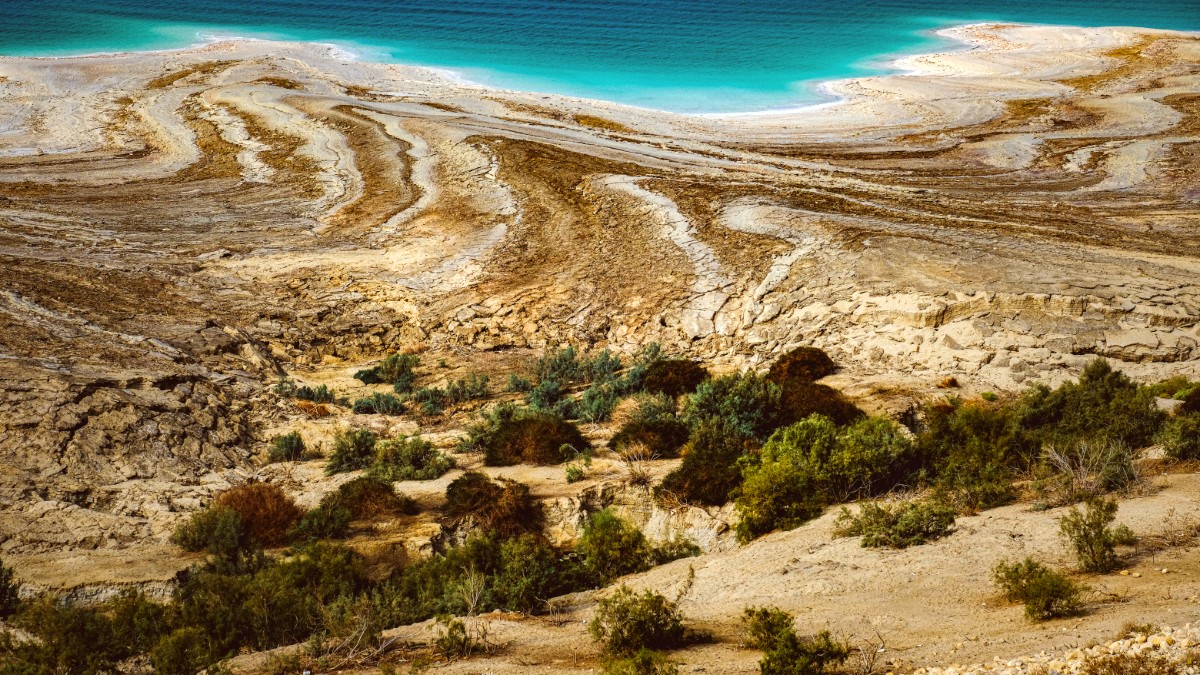
For directions and real-time traffic updates. Download offline maps for areas with potentially spotty signal.
For translation. Download Hebrew and Arabic language packs for offline use.
For public transport schedules and routes in Israel.
For ride-sharing services, facilitating movement around the region.
Widely used in both Israel and Jordan for communication. Many tour guides and businesses use it.
Go Israel (new.goisrael.com) for Israeli side and Visit Jordan (www.visitjordan.com) for Jordanian side.
Egged (www.egged.co.il/eng) for Israeli bus schedules; JETT (www.jett.com.jo) for Jordanian bus schedules.
Israel Nature and Parks Authority (en.parks.org.il) for Masada, Ein Gedi, Qumran, etc.
Www.jordanpass.jo for details on the Jordan Pass, which combines visa and attraction entries.
Follow official tourism boards (e.g., @Israel, @VisitJordan) for inspiration, updates, and travel advice.
Search for podcasts on "Israel travel," "Jordan travel," or "Dead Sea history" on your preferred podcast platform.
Local travel bloggers or destination-specific accounts offer unique perspectives and current insights.
Engage with online communities like TripAdvisor forums or travel subreddits for peer advice and answers to specific questions.
Physical maps clearly display terrain and travel routes.
Maps of Masada or Ein Gedi provide clear orientation within the sites.
Photographs in guidebooks illustrate destinations and spark travel dreams.
Keep emergency numbers and embassy details readily accessible, even without phone signal, for peace of mind.
Dial 100 for police assistance within Israel.
Dial 101 for medical emergencies in Israel.
Dial 102 for fire department services.
Dial 911 for all emergencies in Jordan.
Keep these numbers written down and saved in your phone for quick access.
Locate your country's embassy or consulate in Tel Aviv/Jerusalem and Amman; have their contact details.
Main hospitals serving the Dead Sea region exist in Beer Sheva (Soroka Medical Center) or Jerusalem (Hadassah Ein Kerem), approximately 1-1.5 hours away.
Main hospitals reside in Amman. Nearest clinics might appear in towns like Madaba or Safi. Serious emergencies may call for transport to a major city.
Organize any prescription medications, making sure you have enough supply. A doctor's note explaining their necessity is advisable.